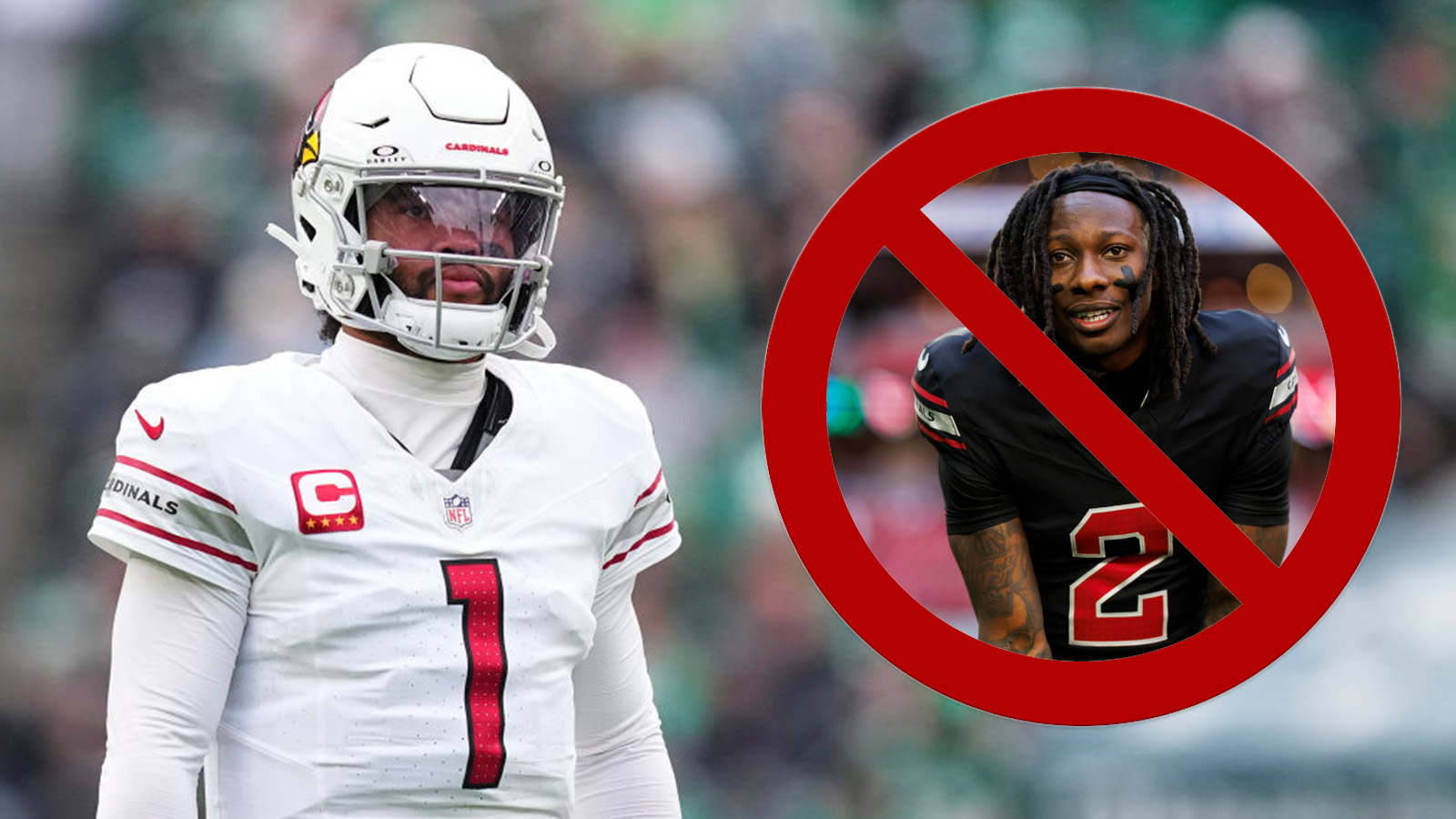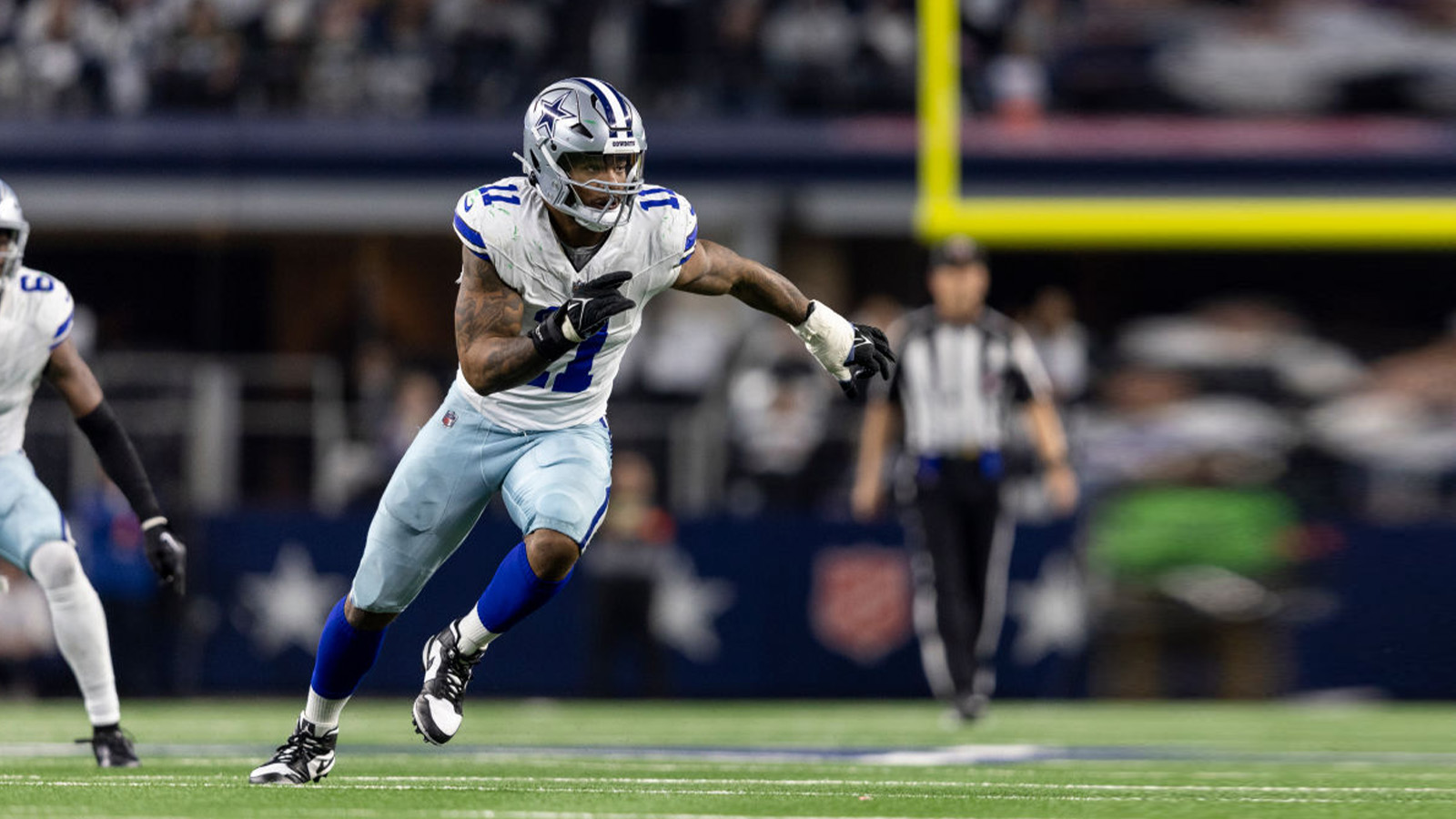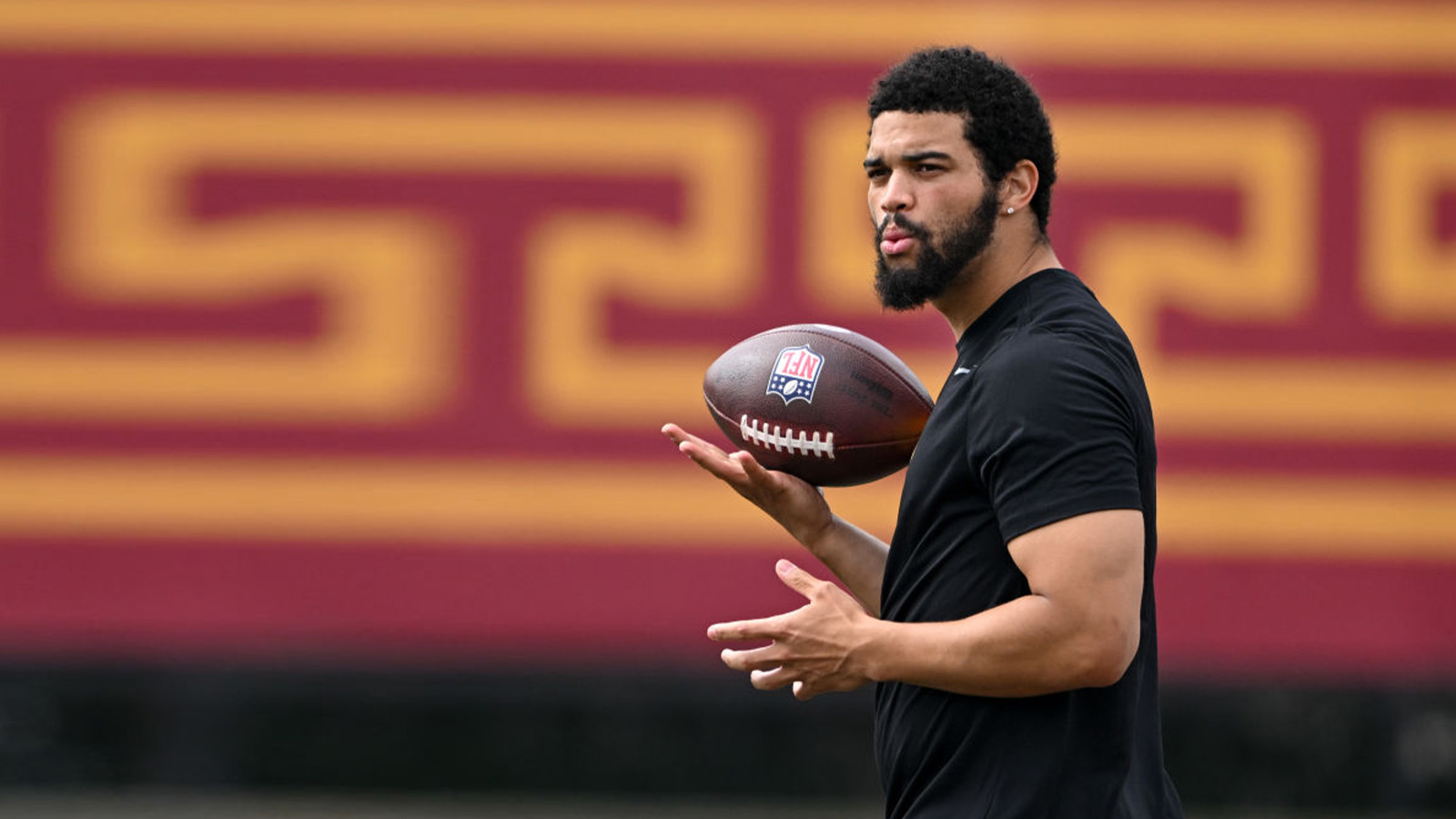
The Houston Texans Are Using Money to Justify Trading DeAndre Hopkins
While we’re still months away from any competitive games, there has been plenty of NFL action taking place. Tom Brady moving to Tampa Bay stole most of the headlines, but the Houston Texans also made news by bizarrely shipping DeAndre Hopkins to the Arizona Cardinals.
Now that the dust has settled, the team is apparently trying to get the public back on their side. According to sources, the Houston Texans are claiming that financial reason forced their hand in the DeAndre Hopkins trade.
DeAndre Hopkins is one of the NFL’s top receiving talents
Although football purists might not like it, the modern NFL is built around quarterbacks and wide receivers. In the latter category, DeAndre Hopkins is one of the best around.
After a dominant junior season at Clemson, Hopkins entered the 2013 NFL draft. The Houston Texans selected him with the 27th overall pick and promptly slotted him into the lineup alongside Andre Johnson. The young receiver pulled in 52 receptions for 802 yards and two receiving touchdowns that season, earning a spot on the All-Rookie team.
Before long, Hopkins established himself as an incredibly talented receiver. No matter who lined up at quarterback—and the Texans didn’t always have world-beaters under center—he would turn in virtually the same performance every season; barring a down year in 2016, he’d catch about 100 passes and break the 1,000-yard plateau.
Those stats, however, didn’t keep him off the trading block. Shortly after the NFL offseason opened, Houston Texans coach and general manager Bill O’Brien shipped Hopkins and a fourth-round pick to the Arizona Cardinals in exchange for David Johnson and two draft picks.
The Arizona Cardinals claim the DeAndre Hopkins trade was motivated by money
As soon as news of the DeAndre Hopkins trade broke, virtually everyone agreed that the deal favored the Cardinals. The Houston Texans, however, have since tried to justify their decisions.
According to ESPN’s Ed Werder, a Texans source the “DeAndre Hopkins trade was [the] result of him seeking $18-20M per year;” the team apparently has plans to use that money to offer Desean Watson and Laremy Tunsil new deals.
The source also insisted that the relationship between Hopkins and Bill O’Brien wasn’t “an issue or a factor” on the team’s decision making. If we believe Werder’s report, financial realities motivated the deal; once they Texans made the receiver available, the Cardinals offered the “best” return.
At this point, it’s tough to believe the Houston Texans
While we might not know who Werder’s source is, it’s hard to believe those comments weren’t an attempt at damage control. At this point, however, it’s tough to buy what the Texans are selling.
Let’s assume the leak about DeAndre Hopkins’ salary expectations is true. $20 million per season would be a hefty chunk of change, but that would still be in line with Spotrac’s estimation of the receiver’s value. Even if Hopkins was going to hold out, you don’t trade your star players away; it might take some creative accounting or tough decisions elsewhere, but you either keep your star player or get comparable value in return.
You can also question the source’s statement that Arizona’s offer represented the best possible return. David Johnson probably isn’t going to move the needle significantly; similarly, a second-round and a fourth-round draft pick won’t change the course of a franchise. The Minnesota Vikings got four picks, including a first for Stefon Diggs, who actively wanted to be traded. It’s hard to imagine that the Texans couldn’t have gotten a similar, if not greater, return.
While it’s tough to judge trades involving those draft picks until those picks turn into players, it’s safe to assume the Houston Texans and Bill O’Brien got the short end of the stick. Regardless of their claims about DeAndre Hopkins’ salary, trading your star player for pennies on the dollar is never a good look.



